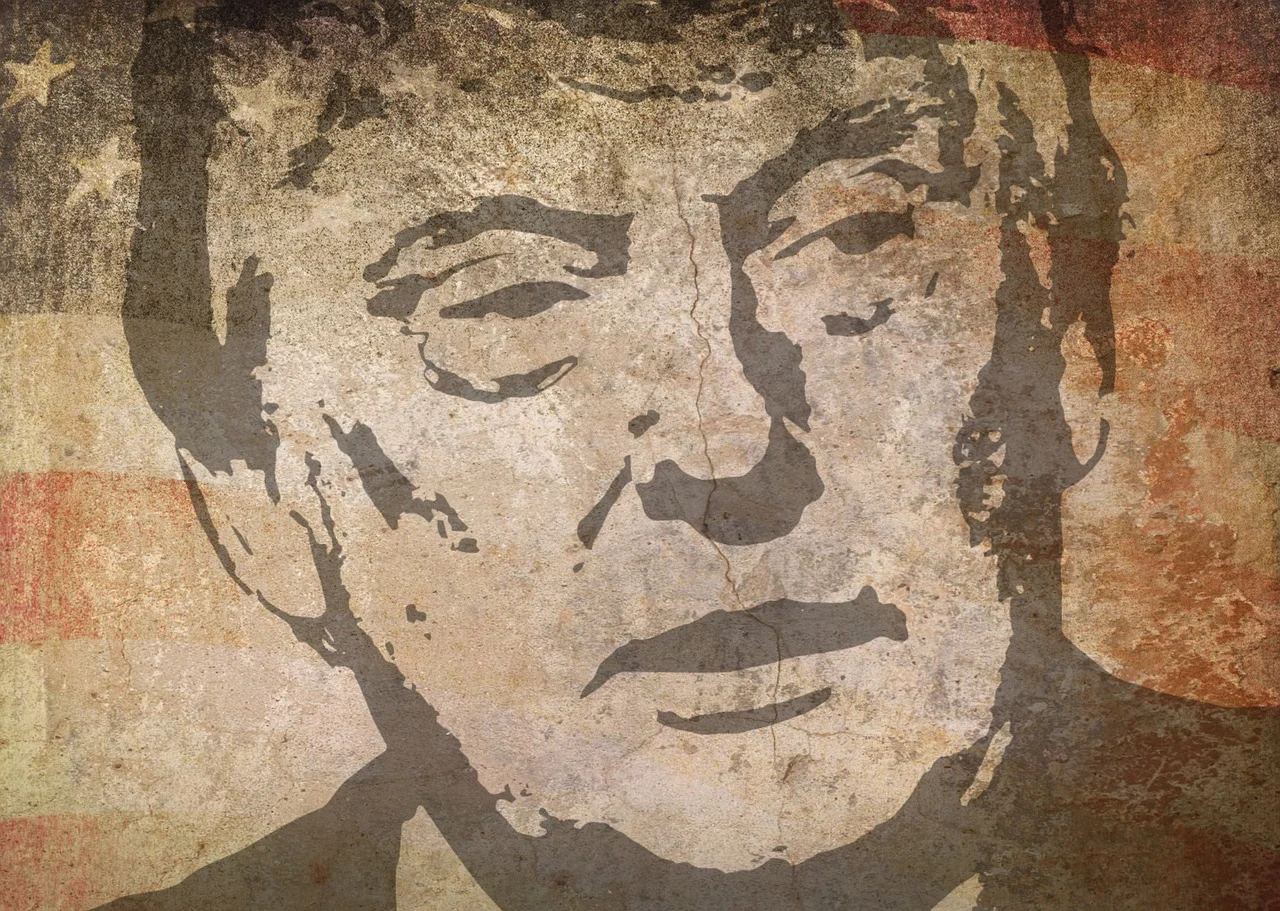It's been a busy week for the President of the United States, spearheading monumental trade agreements, reshaping U.S. economic relations with key global partners, and fostering peace in the Middle East. With China, a temporary 90-day ceasefire in the trade war, finalised in Geneva, drastically reduces tariffs, with U.S. tariffs on Chinese goods dropping to 30% and China’s to 10%, avoiding uncertainty that saw tariffs peak at 145% and stimulating market recovery by opening China to U.S. businesses. In Saudi Arabia, Trump secured a historic $142 billion arms deal, the largest in history, supplying advanced military equipment across air, missile, maritime, and communication systems, strengthening U.S.-Saudi ties and countering previous diplomatic strains. Similarly, a $1.2 trillion economic deal with Qatar includes a $96 billion Boeing aircraft purchase, $1 billion in quantum technology investment, and defence contracts for anti-drone systems and drones, enhancing bilateral commercial ties. These agreements represent Trump’s business-first approach, prioritising economic gains and job creation while strengthening relationships.
EQUITY
Stocks ended mixed, breaking its six-day winning streak after the rally that began with a China-U.S. trade truce earlier in the week diminished as investors realised the tariff is still higher than what the economy was operating on. Individual counters saw Cisco jumping nearly 5% after raising its forecast, while UnitedHealth fell 11%, its second biggest drop this week following reports of a criminal investigation surrounding Medicare.
GOLD
Gold prices rebounded after an initial losses, supported by a weaker dollar after U.S. producer price data tracked slowing wholesale price inflation and weaker retail sales. Gold is heading toward a weekly loss of over 3%, mainly due to easing global trade tensions, particularly between the U.S., China, and Gulf nations, weakening its appeal as a safe haven asset.
OIL
Oil prices' initial gain for the week was erased after falling 2.4% on Thursday after earlier optimism from a U.S.-China trade deal eased demand fears, although complications surfaced after President Trump indicated the U.S. is nearing a nuclear deal with Iran that could lift sanctions and flood up to 1 million barrels per day of Iranian crude to global markets. The International Energy Agency also revised its global supply growth forecast upward while predicting that supply would outpace demand growth.
CURRENCY
The greenback closed lower on Thursday, erasing earlier gains from the U.S.-China trade deal, although Middle East deals should be priced in soon. The South Korean won and Taiwan dollar gained on speculation that President Trump may favour a weaker dollar as part of trade negotiations. Market expectations for rate cuts increased after the softer economic data, with traders now pricing in approximately 57 basis points of cuts by December compared to 49 basis points previously.













